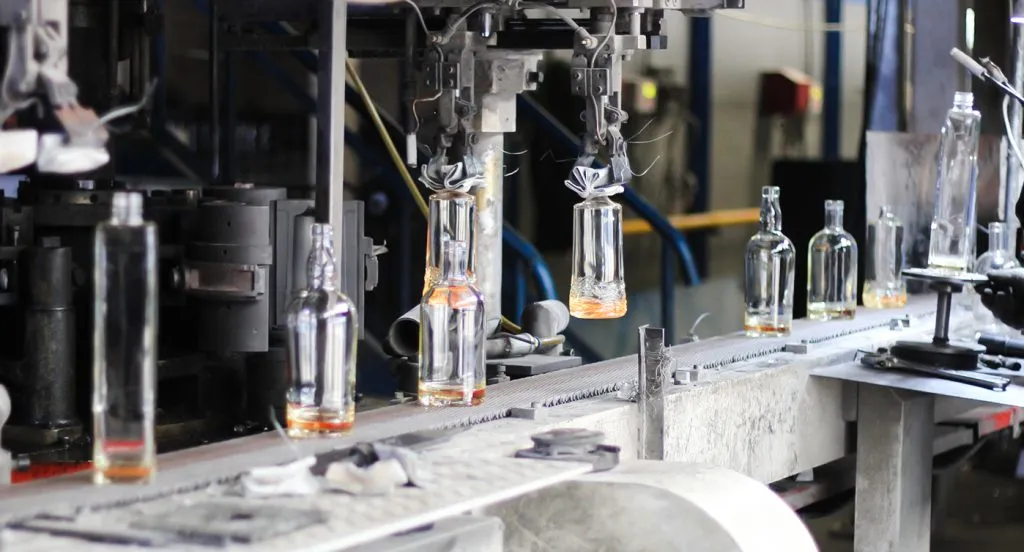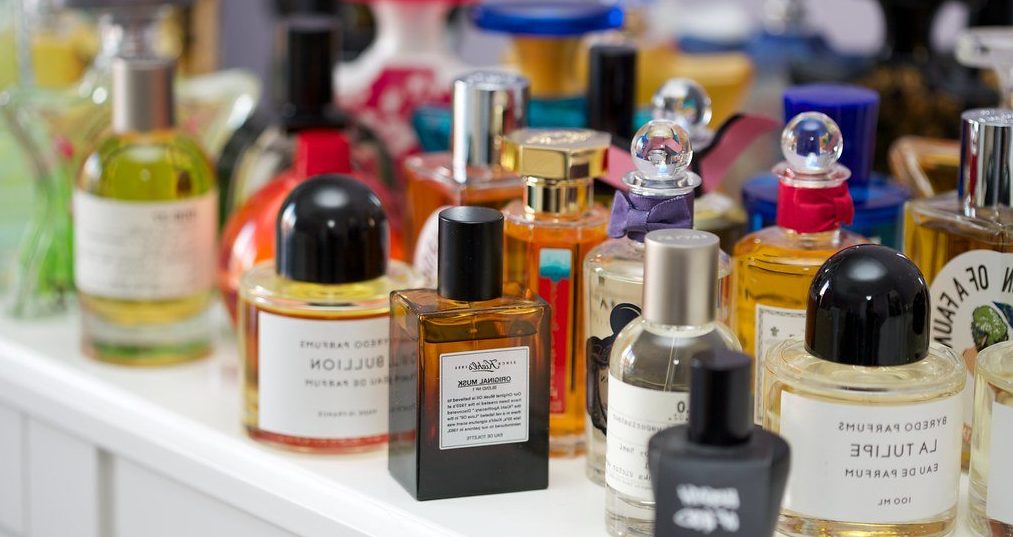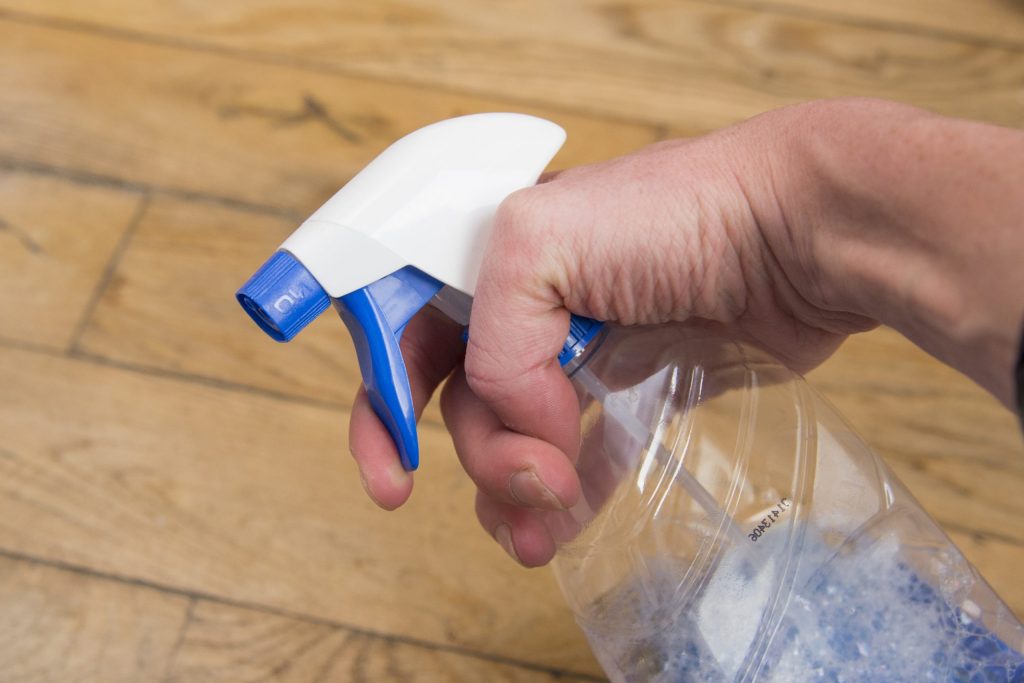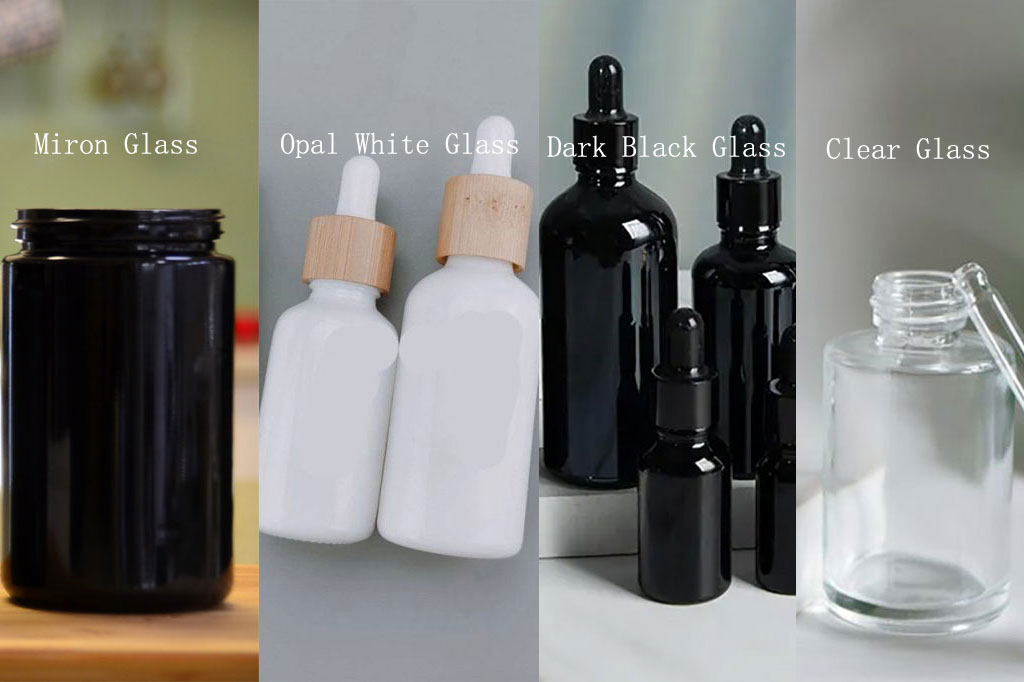When it comes to glass bottles, the quality requirements are particularly stringent, given the unique properties of glass and the variety of cosmetic products it contains.
This article explores the key quality requirements for cosmetic packaging using glass bottles, addressing factors such as safety, durability, sustainability, and design.
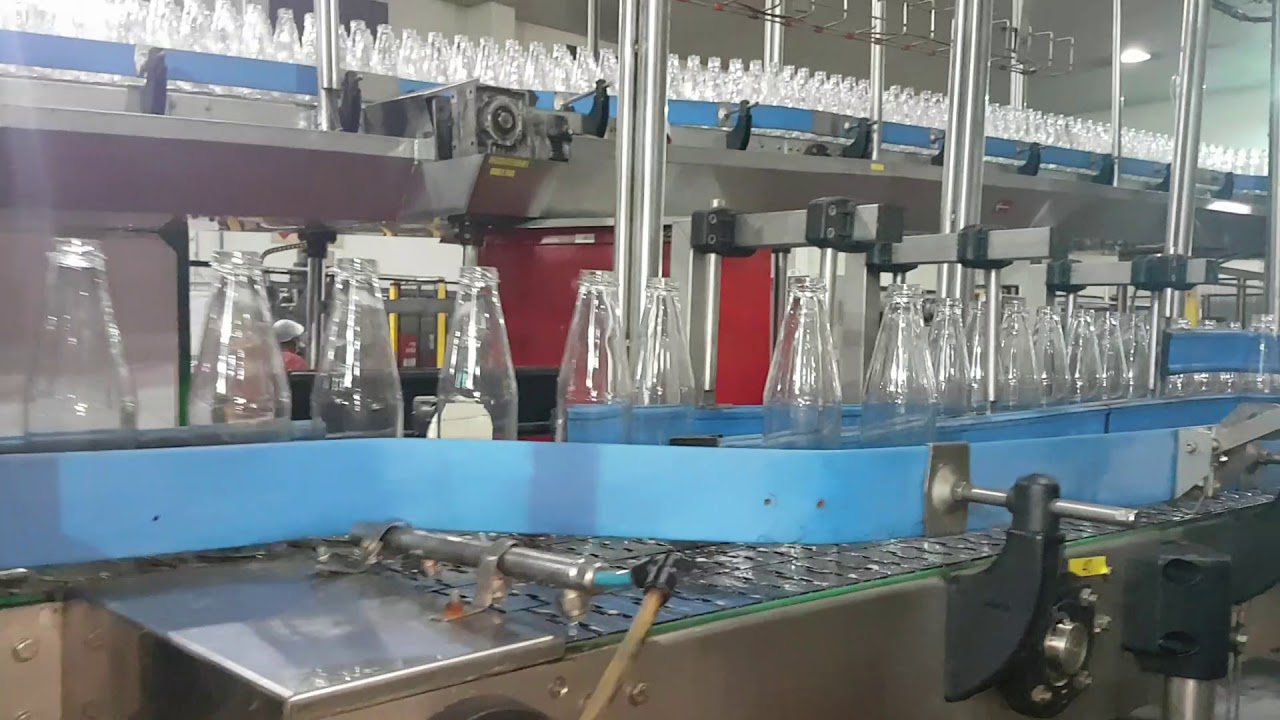
Safety and Chemical Resistance
Safety is a top concern in cosmetic packaging. Glass bottles must meet strict quality standards to prevent harmful substances from leaching into products. They should be inert, free from impurities, and avoid defects to ensure safety in cosmetics.
Chemical resistance is another aspect of safety. Glass used in cosmetic packaging must withstand exposure to various ingredients, including acids, alcohols, and oils, without reacting or degrading. High-quality glass bottles are designed to maintain their structural integrity and chemical resistance, ensuring the contents remain safe for consumer use.
Durability and Resistance to Breakage
Durability is crucial in cosmetic packaging since glass bottles are prone to breakage if not made properly. Quality glass bottles withstand handling, transportation, and daily use without cracking, thanks to high-quality materials and defect-free manufacturing.
Glass bottles for cosmetics go through rigorous testing, such as drop tests, pressure tests, and thermal shock tests, to ensure durability. These tests simulate real-world conditions to confirm the bottles can withstand various stresses without compromising their integrity.
Consistency and Precision
Cosmetic packaging requires consistent quality to ensure that all bottles meet the same standards. This is especially important for glass bottles, where even slight variations in thickness or dimensions can affect compatibility with caps, dispensers, and other components.
Quality control ensures glass bottles meet precise specifications, focusing on consistent wall thickness, uniform color, and accurate dimensions. Manufacturers employ advanced technologies, like automated inspection systems and laser measurement, to detect defects such as air bubbles, inclusions, and surface imperfections, allowing corrections before the bottles reach the packaging line.
Sustainability and Environmental Impact
Sustainability in cosmetics favors glass bottles over plastic, but quality demands more than recyclability. High-quality glass bottles for cosmetics should use recycled materials and ensure the manufacturing process reduces energy use and waste.
Manufacturers are also exploring ways to make glass bottles lighter without compromising durability, reducing the environmental impact of transportation and raw material usage. Sustainable practices in glass production contribute to a smaller carbon footprint, aligning with consumer demands for eco-friendly cosmetic packaging.
Design and Aesthetics
The design and aesthetics of cosmetic glass bottles play a crucial role in brand identity and consumer appeal. High-quality glass bottles should not only meet functional requirements but also offer a visually appealing appearance. This involves careful design considerations, including the shape, color, and surface finish of the bottles.
Brands pursue unique designs to stand out in a crowded market, using custom molds and intricate glass patterns. Quality requirements include precise molding and finishing to ensure each bottle meets aesthetic standards without defects or inconsistencies.
Compliance with Regulations
Cosmetic packaging, including glass bottles, must comply with various regulations and standards set by governing bodies such as the FDA (Food and Drug Administration) in the United States and the European Commission in Europe. These regulations cover aspects like safety, labeling, and material composition, ensuring that cosmetic products are safe for consumers.
High-quality glass bottles for cosmetics must meet these regulatory requirements, which often involve testing and certification. Compliance guarantees that the packaging is safe, dependable, and appropriate for its intended use.
Conclusion
Quality requirements for cosmetic glass bottle packaging cover various factors, including safety, durability, sustainability, and design. Adhering to these requirements allows manufacturers to produce glass bottles that protect cosmetic products while enhancing brand identity and appeal.

